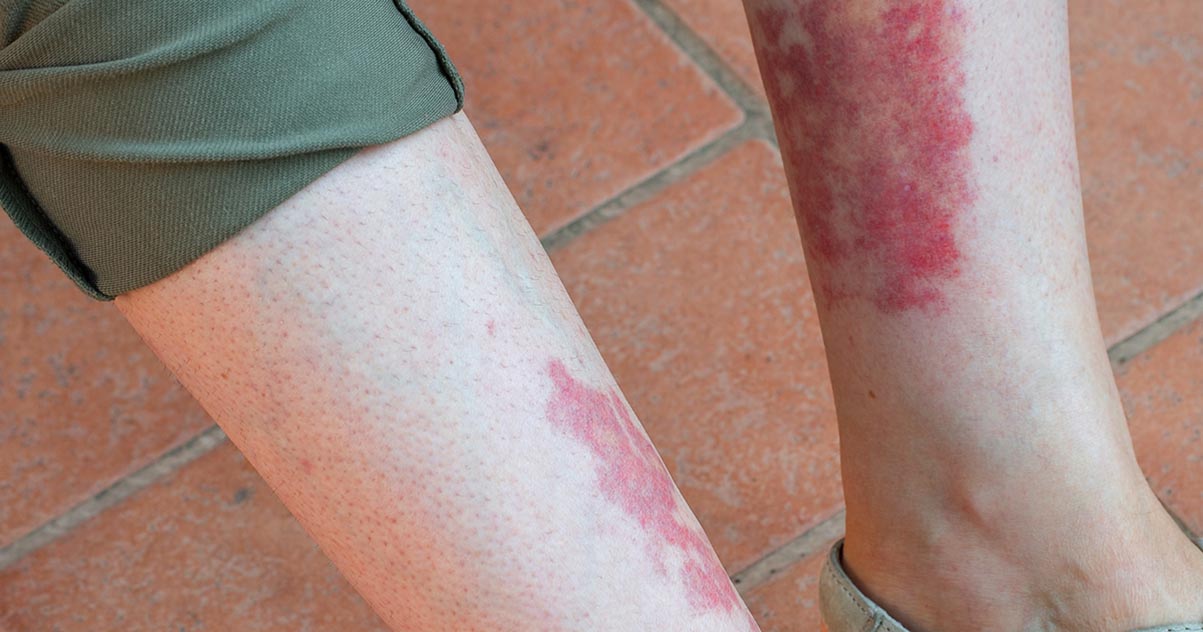What Causes Petechiae?
Vasculitis

Vasculitis occurs when there is blood vessel inflammation. Blood vessels may become thicker or narrower than they should be, and they might also weaken. There are several forms of this condition, and each patient's symptoms may be different. Symptoms associated with most forms of vasculitis include weight loss, fever, headaches, generalized aches and pains, fatigue, and night sweats. Some patients may experience numbness or other nerve issues. A rash known as Henoch-Schonlein purpura could form over the legs too. To determine the underlying cause for vasculitis, the physician will perform urine and blood tests, and patients might need to have CT scans, angiography, or biopsies. Corticosteroids are often prescribed to reduce inflammation, and some patients might also take methotrexate, mycophenolate, or azathioprine. If vasculitis causes blocked arteries or aneurysms, surgery may be needed.
Continue reading to reveal a condition involving the heart that can cause petechiae now.